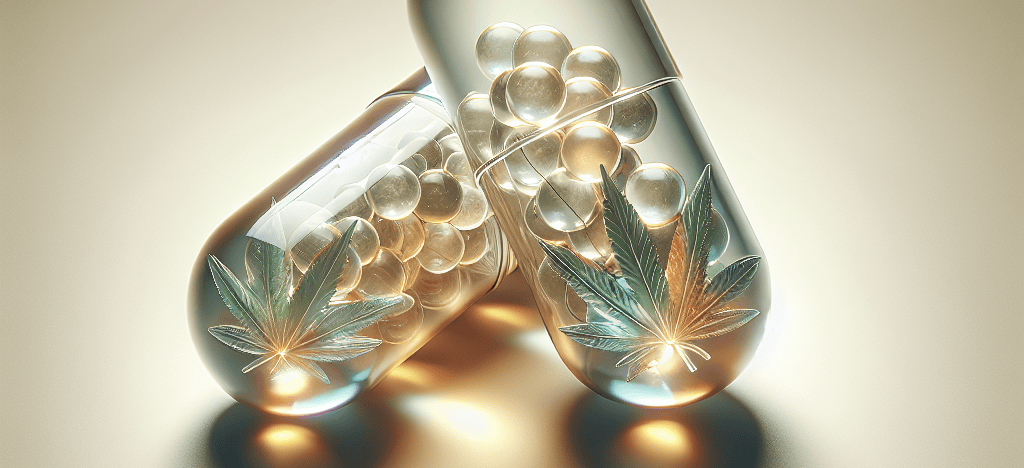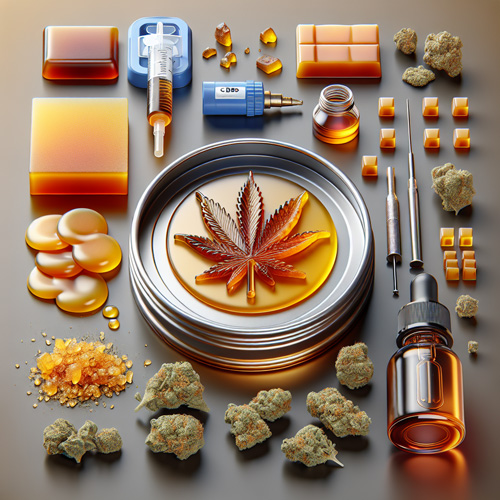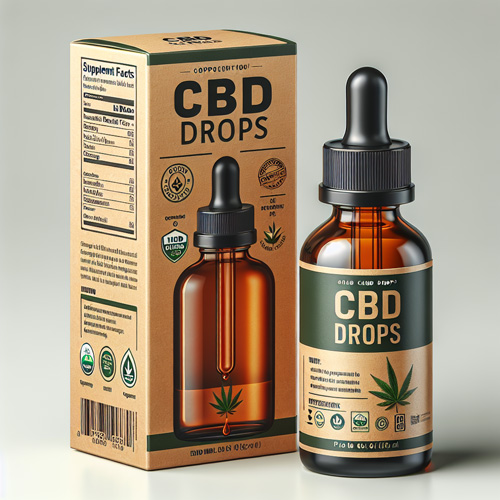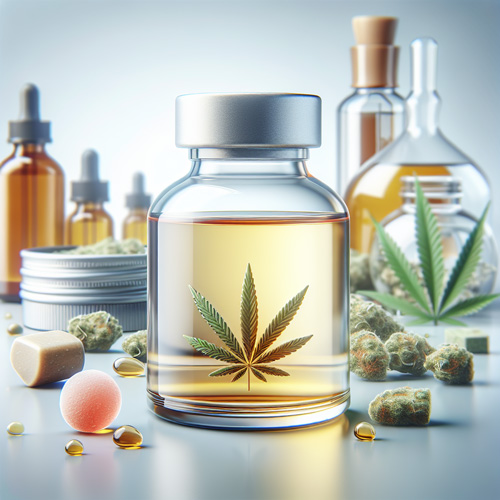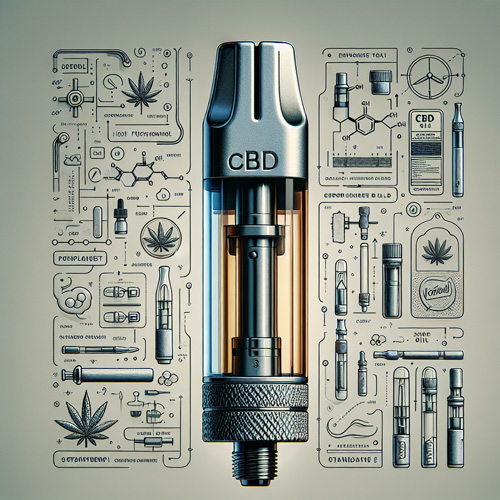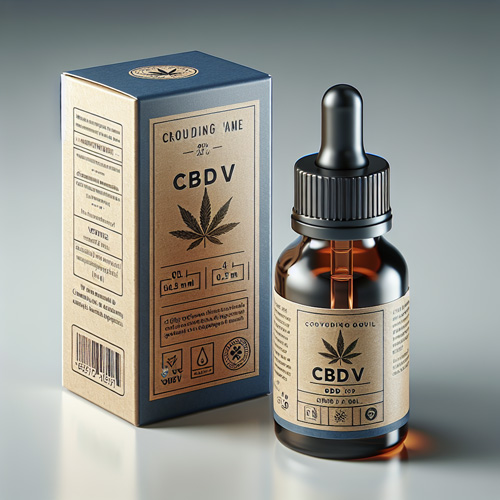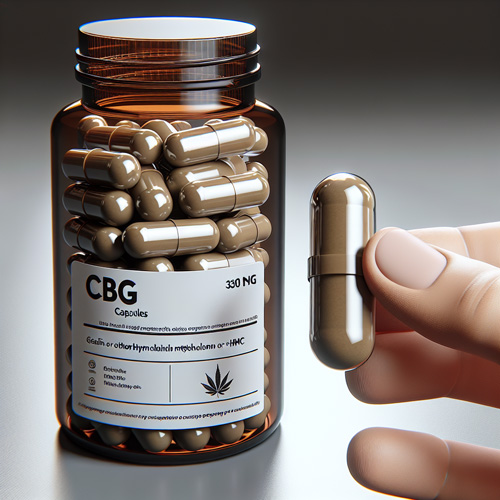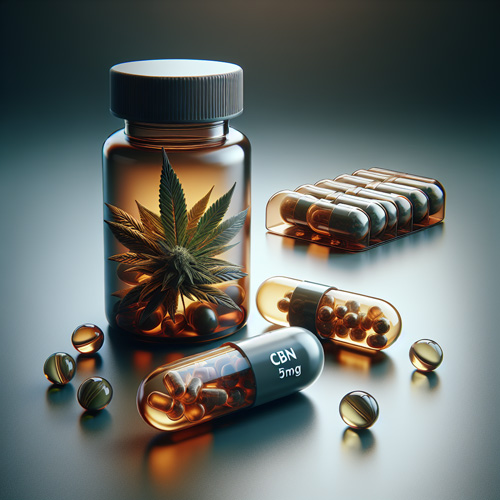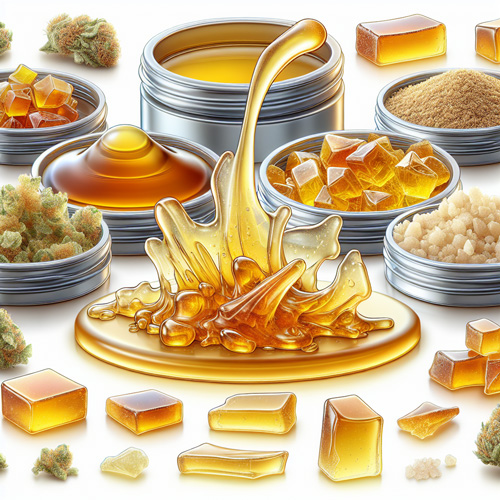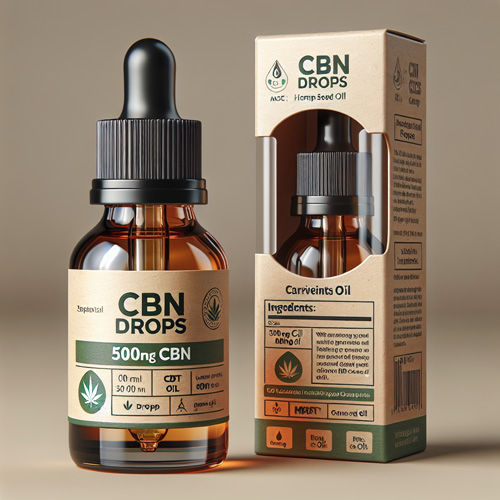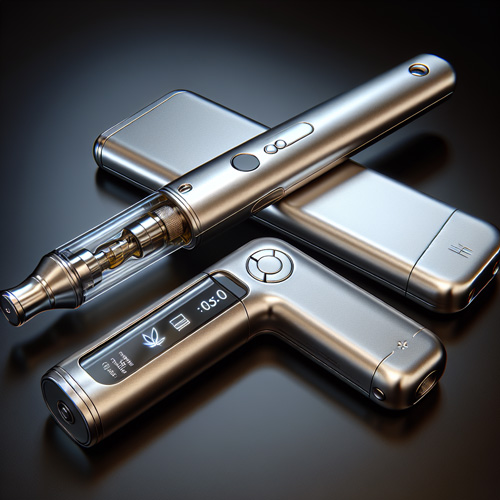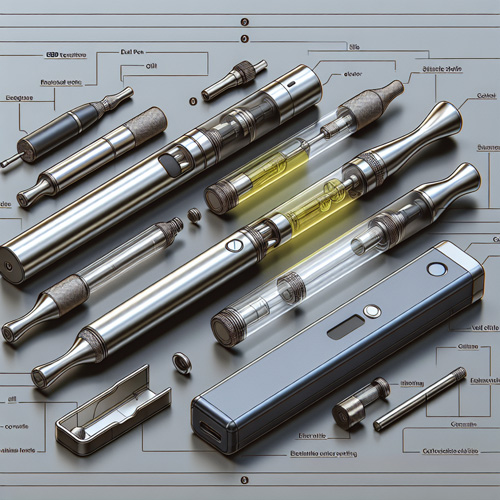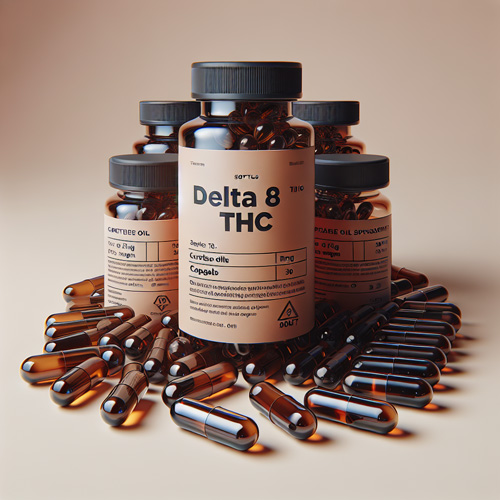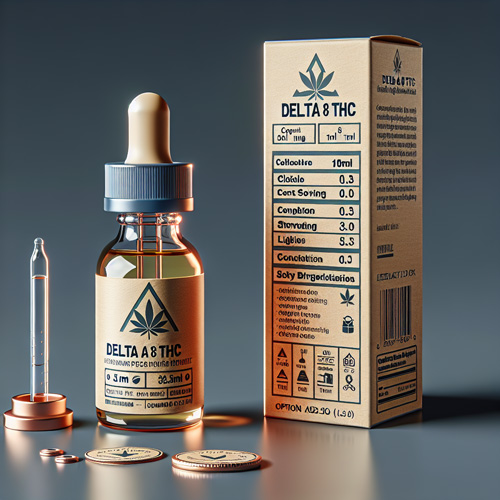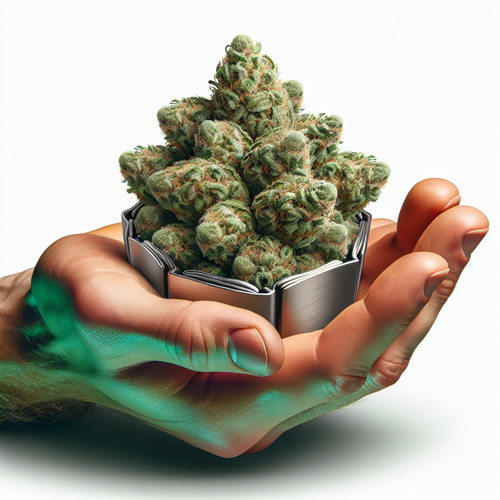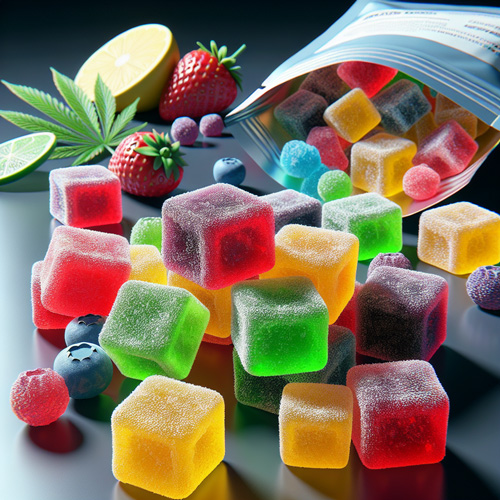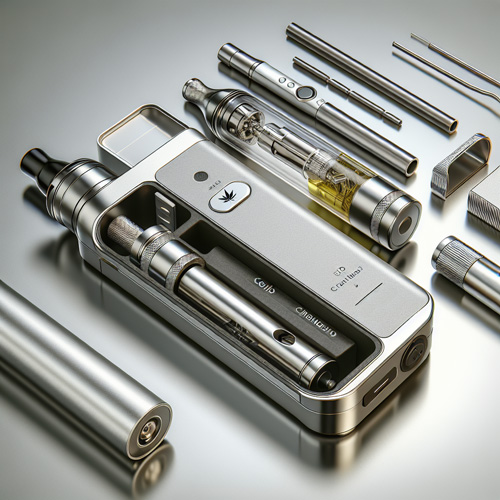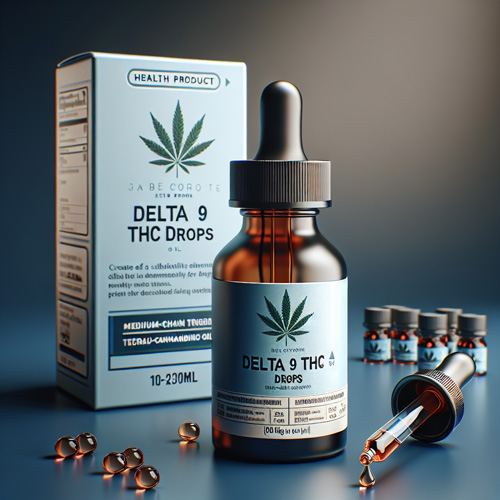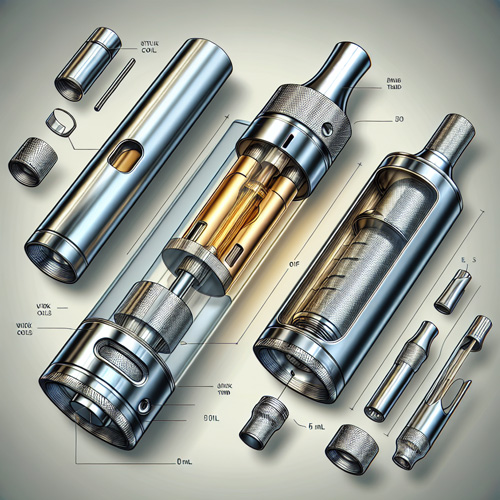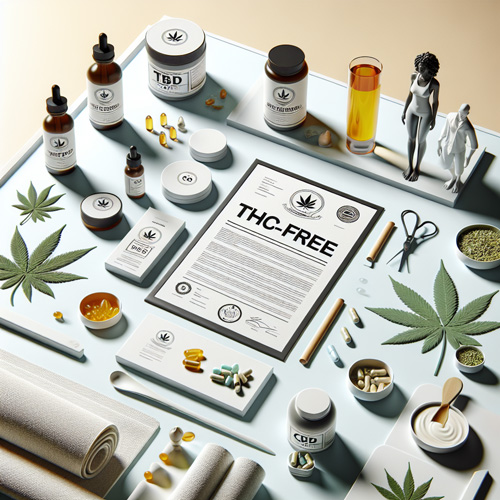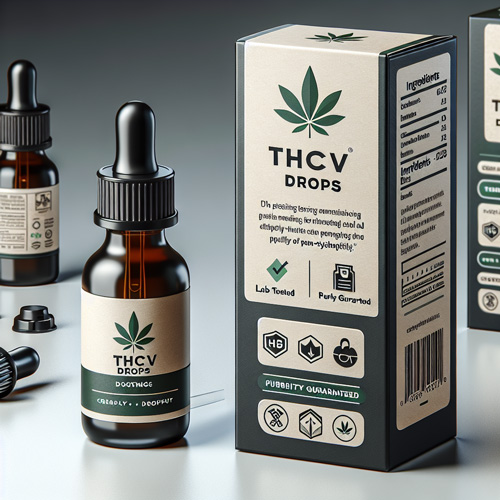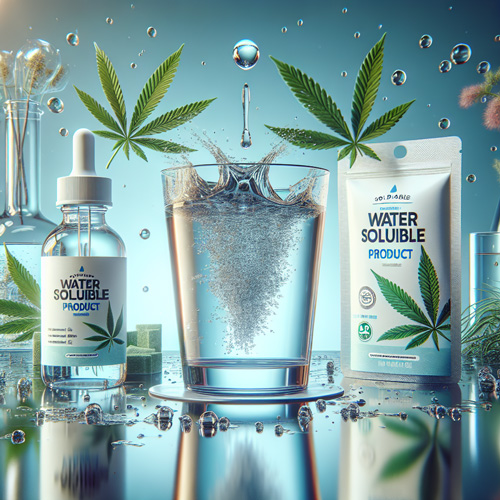
Understanding Delta-9 THC Dosage: Tips and Guidelines
Navigating the world of Delta-9 THC can be daunting, especially for newcomers eager to understand its effects and applications. Known as the main psychoactive component in cannabis, Delta-9 THC can offer a range of experiences—from relaxation to euphoria—when consumed. Having a grasp of its dosage and effects is crucial to maximizing benefits while minimizing potential risks.
Several factors come into play when determining the appropriate dosage. Body weight, tolerance levels, metabolic rate, and individual sensitivity all influence how one might react to this compound. Furthermore, the form in which Delta-9 THC is consumed—whether through edibles, vapes, or tinctures—contributes to its overall impact on the body.
This article will guide you through understanding D9 THC dosage by exploring various factors that affect it, potential side effects, and the importance of consulting healthcare professionals. Additionally, you’ll gain insights into how Delta-9 interacts with other cannabinoids, legal considerations to keep in mind, and practical tips for beginners. Key takeaway section highlights crucial points to remember as you find your optimal Delta-9 THC dosage.
Key Takeaways on Delta-9 THC Dosage
- Individual Variability Matters: Dosage can vary significantly based on individual factors like body weight, tolerance, metabolic rate, and sensitivity. Personal experimentation, within safe limits, is often necessary to find the ideal dose.
- Form of Consumption: The impact of Delta-9 THC varies depending on how you consume it. Edibles, vapes, and tinctures all result in different experiences and onset times, affecting how you determine dosage.
- Start Low and Go Slow: Especially for beginners, starting with a low dose and gradually increasing is the safest approach to find the right balance while avoiding adverse effects.
- Potential Side Effects: Being aware of possible side effects, such as dry mouth, dizziness, or anxiety, can help you make informed decisions and adjust your dosage accordingly.
- Consult a Professional: Always consider consulting with a healthcare professional, particularly if you are new to THC or have existing health conditions, to ensure safe and effective use.
- Interaction with Other Cannabinoids: Understanding how Delta-9 interacts with other cannabinoids may enhance or alter its effects, offering a broader range of experiences.
- Legal Considerations: Keep informed about the legal regulations regarding hemp-derived Delta-9 THC in your area to ensure compliance and safety.
Following these guidelines can help you navigate the complexities of hemp-derived THC dosage, enhancing both safety and overall experience.
Introduction to Delta-9 THC and its effects
Delta-9 THC, a primary psychoactive cannabinoid found in the cannabis plant, interacts with the body’s endocannabinoid system. It binds with cannabinoid receptors throughout the brain and body, potentially offering various wellness benefits like pain relief and psychoactive effects. However, individual responses can vary based on factors like body weight, metabolism, and personal sensitivity. These factors influence both the ideal dosage and the intensity of the effects experienced.
Regular use of Delta-9 THC can lead to tolerance, meaning that over time, users might require higher doses to achieve the same effects. To manage this, taking tolerance breaks can help reset sensitivity to the compound. It’s crucial to start with lower doses, especially for recreational and new users, to avoid adverse effects like dizziness and confusion.
The consumption method also plays a vital role. For instance, THC gummies are absorbed through the digestive tract, often resulting in a delayed onset, but stronger effects that may last up to 5 hours. Therefore, understanding these factors is essential for determining the ideal dosage.
Factors Influencing Dosage of Delta-9 THC
Determining the right dosage of Delta-9 THC is a personalized process that depends on several key factors. An individual’s experience with cannabis, their intent for using Delta-9 THC – whether recreational or therapeutic – and physiological characteristics such as body weight, tolerance levels, and metabolism rate all play significant roles. These factors influence how Delta-9 THC interacts with the body, affecting the intensity and duration of its psychoactive effects. Understanding these elements can assist users in finding the appropriate balance to maximize benefits and minimize adverse reactions, making consultation with a healthcare professional advisable when beginning any Delta-9 THC regimen.
Body Weight
Body weight is a crucial factor when determining the appropriate dosage, as it directly influences how the compound is processed in the body. Generally, individuals with a higher body weight may require larger doses to experience the same effects as those with lower body weight. The greater mass can dilute the substance, leading to less pronounced effects at lower doses. However, those with lower body weight should be cautious, as they might experience more intense psychoactive effects even from smaller amounts. Adjusting D9 THC dosages according to body weight helps tailor the desired effects for different users, providing a more controlled and balanced experience.
Tolerance Levels
Tolerance levels to Delta-9 THC vary among individuals and significantly influence the required dosage. Regular use of THC can lead to increased tolerance, necessitating larger doses to achieve the same psychoactive effects. This occurs as the body’s endocannabinoid system adapts to consistent exposure, reducing the compound’s impact. To manage tolerance, seasoned users often take tolerance breaks, allowing the body to reset its sensitivity. For new users or those with low tolerance, small initial doses are advisable to prevent unwanted effects. Monitoring frequency and amount of use helps in maintaining efficacy without overreliance.
Metabolism Rate
The metabolism rate of an individual plays a pivotal role in the effectiveness and timing of Delta-9 THC’s effects. Those with a fast metabolism may find that the compound’s psychoactive effects set in more rapidly but also dissipate quicker. Conversely, individuals with a slower metabolic rate can experience longer-lasting and potentially more intense effects. This variance in metabolism alters how THC is processed into 11-hydroxy-THC by the liver, significantly impacting its overall potency. Thus, understanding one’s metabolism rate can guide the timing and amount of THC consumption, helping to tailor the psychoactive experience according to personal preferences.
Individual Sensitivity
Individual sensitivity to Delta-9 THC is highly variable and greatly influences the ideal dosage for each person. Some individuals are naturally more sensitive to THC, necessitating lower doses to achieve desired effects. New users or those with low tolerance should begin with the smallest possible dose and gradually increase as needed, allowing for a safer exploration of the compound’s effects. Sensitivity can also be heightened by factors such as consuming THC on an empty stomach, which might intensify its psychoactive effects. Recognizing personal sensitivity levels ensures a more tailored and comfortable, enjoyable experience while minimizing the risk of adverse reactions.
Forms of Delta-9 THC
The potency and effects of Delta-9 THC largely depend on the consumption method, influencing both onset time and duration. Different forms serve unique purposes, catering to both recreational and therapeutic users. From fast-acting options like smoking, to prolonged effects seen with edibles, the choice of consumption should be guided by individual needs and preferences. Legal considerations also come into play, as the source of THC (hemp or cannabis) can affect its legality under federal and state regulations. Understanding these options can help users make informed decisions about how to incorporate THC into their lifestyle, balancing desired effects with safety and regulatory compliance.
Edibles
Edibles, such as Delta 9 THC gummies and chocolates, provide a discreet and long-lasting method of consumption. These products are absorbed slowly through the digestive tract, leading to a more intense and prolonged psychoactive experience compared to other methods. However, the onset of effects can be delayed, ranging from 30 minutes to a few hours after consumption. This delay often requires careful dosing, especially for first-time users, to avoid adverse reactions like paranoia or anxiety. It’s important for recreational users to start with a low dose and monitor their body’s response, especially since the enjoyable taste of edibles can sometimes lead to unintentionally high consumption. By finding the ideal dosage, users can enjoy the therapeutic benefits, such as pain relief, without experiencing unwanted effects.
Vapes
Vaping Delta-9 THC is a popular choice for those seeking a portable and discreet consumption method. This form allows for micro-dosing throughout the day, providing therapeutic benefits while minimizing risks of adverse effects. Unlike edibles, vaping offers faster onset of effects and allows users to easily control their dosage. Typically available in disposable or refillable cartridge forms, Delta-9 vapes include dosage instructions to guide both first-time and seasoned users. For new users, starting with one puff and gradually increasing as needed can help to prevent any unwanted psychoactive effects. While offering convenience, users should be mindful of potential health risks associated with vaping, particularly concerning lung and heart health, ensuring that usage aligns with individual health requirements.
Tinctures
THC tinctures present another versatile and discreet method for consuming Delta-9 THC. These liquid extracts are generally administered sublingually, allowing for rapid absorption into the bloodstream and bypassing the digestive tract. As a result, tinctures often provide a quicker onset of effects compared to edibles and can offer a sustained experience similar to smoking. The inclusion of a dropper in tincture packaging ensures precise dosing, which is valuable for those requiring controlled intake for therapeutic purposes. With their favorable bioavailability and ease of use, tinctures are an attractive option for individuals seeking both rapid and lasting effects without the need for smoking or vaping. This method aligns well with users looking for both recreational enjoyment and medicinal relief.
Tips for Beginners with Delta-9 THC
Beginning your journey with Delta-9 THC requires a strategic approach to ensure a safe and enjoyable experience. THC is noted for its ability to produce psychoactive effects, making it popular among both recreational and therapeutic users. For newcomers, understanding the correct dosage and method of consumption is crucial to avoid adverse effects, such as increased heart rate, fluctuating blood pressure, or other unwanted reactions. The ideal dosage will depend on numerous factors, including body weight, THC tolerance, and the specific consumption method. Consulting with a healthcare professional is highly recommended, particularly for individuals using prescription medications or those with underlying health conditions, to receive the necessary guidance in selecting a suitable dosage.
Start Low and Go Slow
A sensible method for new users of Delta-9 THC is adhering to the principle of “Start Low and Go Slow.” This approach emphasizes beginning with a low dosage, typically between 2-5 mg for those unacquainted with THC, and gradually increasing the amount as necessary. This cautious method is crucial because the effects of THC can differ significantly based on individual tolerance levels and consumption methods. Edibles, for instance, are processed via the digestive tract and have a slower onset but stronger effects compared to other methods like smoking or vaping.
Taking time to monitor the body’s response to the initial dose is essential. Observing effects for a couple of hours, especially when consuming edibles, can help in determining whether to adjust the dosage. The “Start Low and Go Slow” approach not only helps in avoiding overwhelming psychoactive effects but allows individuals to find their ideal dosage and maintain a safe and balanced experience with Delta-9.
Monitoring Body’s Reactions
Closely monitoring your body’s reaction when using Delta-9 THC is vital for understanding your personal limits and optimal dosage. Individual responses can vary widely due to factors like body weight, metabolism, and inherent sensitivity to cannabinoids. Recognizing these unique factors provides useful insights into how one might respond to different dosages and can help in achieving desired effects with minimal adverse reactions.
Regular users may develop a tolerance to THC, meaning larger doses could be required over time to achieve the same psychoactive effects. Taking breaks from use can help reset the body’s tolerance, allowing smaller doses to become effective once again. Moreover, consultation with a healthcare professional before and during THC use is important, especially for those who are on prescription medications, to prevent potential drug interactions and adverse reactions. Monitoring these factors carefully allows users to enjoy the therapeutic benefits of THC while minimizing the risk of adverse effects.
The Role of Additional Cannabinoids
The cannabis plant is home to a variety of cannabinoids, each with unique properties that contribute to the plant’s overall effects. When consumed together, these cannabinoids can interact to produce what’s known as the entourage effect, potentially amplifying the therapeutic and psychoactive effects of Delta-9 THC. Cannabinoids such as CBD and CBN can influence how Delta-9 THC is experienced, possibly enhancing its benefits or mitigating some of its unwanted psychoactive effects. Technologies like Cannovia’s Cellular Deconstruction™ have been developed to maintain the integrity of all plant compounds, thereby potentially enhancing the effects of Delta-9 THC through this phenomenon.
Interaction with CBD
CBD, one of the cannabis plant’s most prominent compounds, plays a crucial role when taken with Delta-9 THC. It is widely known for its ability to counterbalance some of the intense psychoactive effects of Delta-9 THC. This cannabinoid is frequently paired with Delta-9 in numerous edibles that offer a 1:1 THC to CBD ratio, delivering a more balanced and therapeutic experience without inducing a full THC high. By acting synergistically, CBD helps alleviate potential discomforts of excessive Delta-9 THC intake, such as anxiety and paranoia. This easing of unwanted sensations underscores the entourage effect, where CBD and Delta-9 THC reportedly work better together than independently.
Comparison with Delta-8 THC
Delta-9 and Delta-8 THC, though chemically similar, differ significantly in their psychoactive impact. Delta-9 THC stands out as the more potent compound, with stronger psychoactive effects compared to the milder Delta-8. Despite sharing the chemical formula C₂₁H₃₀O₂, the distinct position of a carbon-carbon double bond differentiates these two cannabinoids’ effects. Delta-8, often hailed as “THC light,” requires a lower dosage due to its reduced psychoactive properties. Thus, when considering dosage, Delta-8 THC does not demand the same level as the more potent Delta-9 THC. Understanding these differences is crucial for both experienced and recreational users aiming to achieve specific effects while avoiding adverse reactions.
Potential Side Effects and Risks
Delta 9 THC, the primary psychoactive component found in the cannabis plant, is known for its therapeutic benefits, including pain relief, but it also presents a range of potential side effects and risks. For recreational and experienced users alike, it is crucial to understand these effects to manage them effectively. Commonly reported side effects include dry mouth, red eyes, and increased heart rate, with the severity often linked to the dosage consumed. High doses of Delta 9 THC can lead to more serious side effects such as anxiety, impaired memory, and concentration issues. Understanding these effects, including the potential for cannabinoid hyperemesis syndrome, can help users adjust their dosage accordingly. It’s essential to begin with low doses and increase them gradually to avoid adverse reactions.
Overconsumption Effects
Consuming excessive amounts of Delta 9 THC can lead to a range of temporary yet unsettling symptoms. Users might experience a sense of paranoia or heightened anxiety, accompanied by an increased heart rate. Feelings of extreme drowsiness or lethargy may occur, impacting daily activities. Overconsumption can also result in disorientation and impaired coordination, making routine tasks challenging. Physical symptoms can include dry mouth and eyes, coupled with an inability to concentrate. To safely enjoy the psychoactive effects of Delta 9 THC, both recreational and seasoned users should closely monitor their intake to prevent such unpleasant episodes.
Strategies to Mitigate Risks
Navigating the consumption of Delta 9 THC requires a strategic approach to minimize risks and enjoy its benefits safely. New users are advised to start with low doses, gradually increasing as they become more familiar with their personal tolerance level. Tolerance breaks are recommended for regular users, as these allow the body’s cannabinoid receptors to reset, potentially reducing the need for higher doses. In cases of accidental overconsumption, staying calm is crucial. Resting, rehydrating, and consuming foods containing black pepper or CBD are practical steps to alleviate discomfort. Staying informed about legal restrictions and ensuring compliance with state laws is also critical to avoid legal pitfalls associated with THC products. Furthermore, opting for professionally made edibles with clear THC content can significantly reduce the likelihood of adverse effects.
Consulting with Healthcare Professionals
When considering the use of Delta 9 THC, especially for therapeutic purposes like pain relief or managing chronic conditions, consulting with healthcare professionals is essential. Such consultations can help determine the most effective and safe dosage tailored to individual health needs and conditions. This is particularly crucial if Delta 9 THC products are to be incorporated into existing medication regimens, as interactions may occur with drugs metabolized by the liver, such as those associated with the Cytochrome P450 3A4 enzyme.
Healthcare professionals can provide insight into the ideal dosage and the most suitable type of Delta 9 THC product, considering personal health factors and any existing medical concerns. Engaging with a healthcare provider is beneficial in addressing questions related to THC tolerance, its psychoactive effects, and its impact on body functions such as heart rate and blood pressure.
In summary, seeking professional advice helps navigate the complexities of THC dosage, ensuring both therapeutic benefits and safety, particularly for recreational users transitioning to therapeutic use or those with specific health concerns.
Legal Considerations of Delta-9 THC
Delta-9 THC, a well-known psychoactive cannabinoid found in the cannabis plant, is subject to complex legal considerations in the United States. Its legality is primarily influenced by the source plant and its concentration by dry weight. Products containing D9 THC are federally legal if they are derived from hemp and contain no more than 0.3% THC by dry weight. However, if derived from cannabis plants with THC levels exceeding this threshold, they remain federally illegal. Furthermore, state laws vary significantly, necessitating awareness and compliance with local regulations to ensure lawful usage. Many states also enforce age restrictions, typically requiring consumers to be at least 21 years old to purchase products containing THC. Understanding these distinctions is crucial for both recreational and therapeutic users to avoid legal complications.
Variations in Jurisdictions
The legality of Delta-9 THC is notably complex, with significant variations across different jurisdictions. Despite being federally legal when derived from hemp under the 0.3% THC threshold, individual states have the authority to impose their own regulations. This legal status requires consumers to be mindful of state-specific laws that govern the sale and usage of THC products. Many states enforce similar age restrictions as those applied to alcohol, mandating that only individuals aged 21 and above can legally purchase these products, adding another layer of complexity.
For consumers seeking to buy and consume Delta-9 THC, thorough research of the local laws is necessary. State laws may extend beyond federal stipulations, implementing stricter regulations on sales and accessibility. The discrepancies between federal and state regulations mean that while a product might be legal on a national level, local laws can prohibit its sale or use. It is essential for consumers to stay informed about these variations to ensure compliance and avoid unintended legal issues.
Ultimately, navigating the legal landscape of Delta-9 THC requires understanding both federal and state laws. Legal status is intricately tied to the source of the THC—whether it’s hemp or marijuana—and this distinction plays a vital role in its classification under law. Consumers and businesses alike must remain vigilant about these jurisdictional differences to manage legal risks effectively.
Understanding Legal Limits
Understanding the specifics of legal limits for Delta-9 THC is vital for lawful consumption and purchase. The threshold set at 0.3% THC by dry weight determines the federal legality when the Delta-9 is hemp-derived. Products exceeding this concentration are classified under federal law as marijuana, an illegal substance beyond medical contexts in some states. Consequently, products designed for recreational use, such as THC gummies, must adhere to this legal threshold to avoid being classified as illegal.
Moreover, states have their own regulations influencing the legal sale and consumption of Delta-9 THC-infused products. In many regions, despite federal legality concerning the product’s dry weight THC content, laws stipulate that only individuals aged 21 or older can legally purchase these commodities. These age limitations align with broader public health goals, aiming to regulate substances with psychoactive effects akin to other controlled substances like alcohol.
Consumers must verify not only the source and concentration of THC but also ensure that they’re aware of and comply with state-specific laws. Products such as Metta Hemp Gummies, which adhere to the federally mandated THC limits, exemplify how adherence to legal specifications can lead to compliant marketing and consumption. Informed purchases and conscious awareness of legal boundaries are necessary for responsibly navigating the nuanced legal landscape of Delta-9 THC.
Conclusion: Finding Your Optimal Dosage
Determining the ideal Delta-9 THC dosage is a personalized journey that necessitates patience and careful experimentation. Beginners should start with a conservative dose, typically between 1-5 mg, to minimize the risk of adverse effects. Most individuals find an initial dosage of 5-10 mg to be prudent, offering a balance between experiencing the psychoactive effects and avoiding overwhelming sensations.
The key to finding your optimal dosage lies in understanding your own body and its unique tolerances. Experienced and seasoned users might require higher doses due to increased THC tolerance, while sensitivity, body weight, and desired effects play critical roles in determining dosage for everyone. To ensure safety and avoid negative experiences, it’s crucial to increase dosages slowly, monitoring for any unwanted effects.
Consideration of factors such as your consumption method and whether you’re seeking therapeutic benefits or recreational enjoyment can further guide your dosage decisions. Consultation with a healthcare professional is also advisable, particularly if you experience adverse reactions or have existing health conditions.
FAQs
How is Delta-9 THC different from Delta-8 THC?
Delta-9 THC is significantly more potent and psychoactive than Delta-8 THC, resulting in a more intense user experience. Delta-9 is the primary psychoactive component of the cannabis plant, naturally occurring in high quantities. Conversely, Delta-8 THC is present in much smaller amounts and offers a milder experience. This means that while both compounds interact with cannabinoid receptors, the effects can vary noticeably, leading users to often report lesser side effects when using Delta-8 THC.
When considering dosages, it’s crucial to note that the amount suitable for Delta-9 THC is different from that of Delta-8 THC. Given Delta-9 THC’s higher potency, users should approach dosing with caution, avoiding the assumption that they are directly interchangeable. The difference in psychoactive intensity necessitates careful adjustment to avoid unwanted effects, particularly for those transitioning from Delta-8 THC products.
Can Delta-9 THC show up on a drug test?
The presence of Delta-9 THC and its metabolites in the body is often targeted in standard drug tests, making it a common concern for users. Delta-9 is detectible along with isomers like THCO, THCP, Delta 8, among others, as they share properties with the THC analogs. This includes those derived from both the hemp plant and traditional cannabis. As a result, even small amounts of THC can lead to positive results in routine employment and legal drug screenings.
For recreational users or those using Delta-9 for therapeutic benefits, it is important to recognize the potential for detection. Even though some consumers may utilize hemp-derived cannabinoids to minimize legal risks, the current testing methods still effectively identify THC. Hence, awareness and caution are necessary to manage expectations for drug testing outcomes.
What are the first signs of overconsumption?
The overconsumption of Delta-9 THC can lead to several noticeable symptoms that users should be cautious of. Among the initial signs are an increased heart rate and feelings of anxiety, often resulting from the heightened psychoactive effects. Dizziness and lightheadedness are also common, indicating that the body may be reacting to higher doses than it can comfortably process.
Additional indicators of overconsumption include feelings of dissociation or paranoia, which can be distressing for users. These effects stem from THC’s interaction with the brain, sometimes leading to an overwhelming experience. Users may also notice physical symptoms like dry eyes and mouth, frequently accompanying THC use.
To prevent these adverse effects, consumers should monitor their intake carefully, pacing dosages slowly and allowing ample time for onset effects. Awareness of one’s tolerance level and body weight can guide these decisions, and consulting with a healthcare professional can also provide personalized advice to safely explore the benefits of Delta-9 THC.
